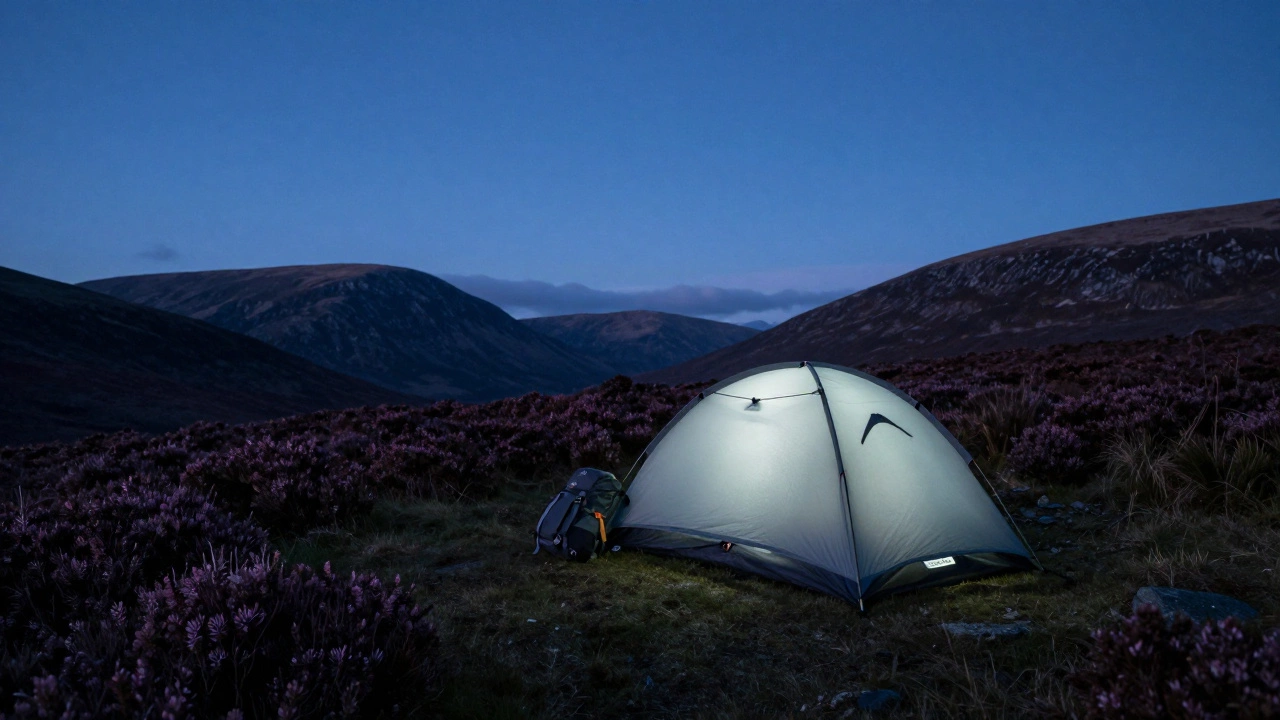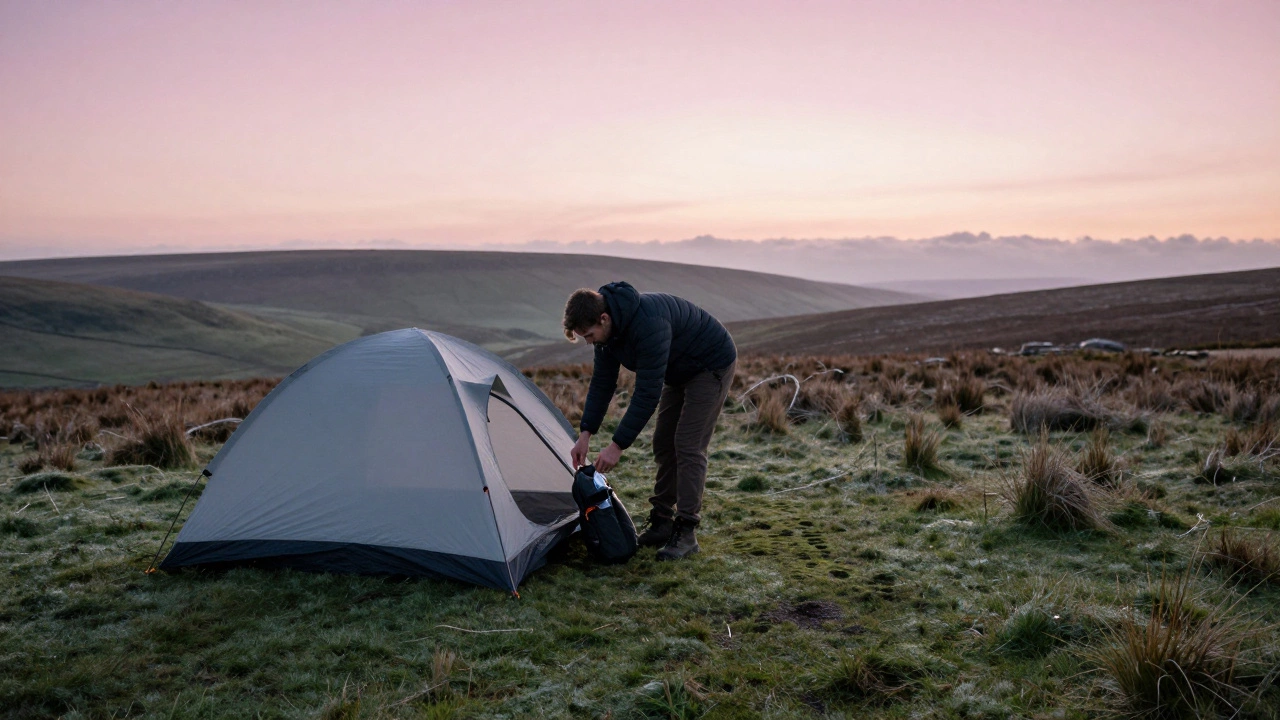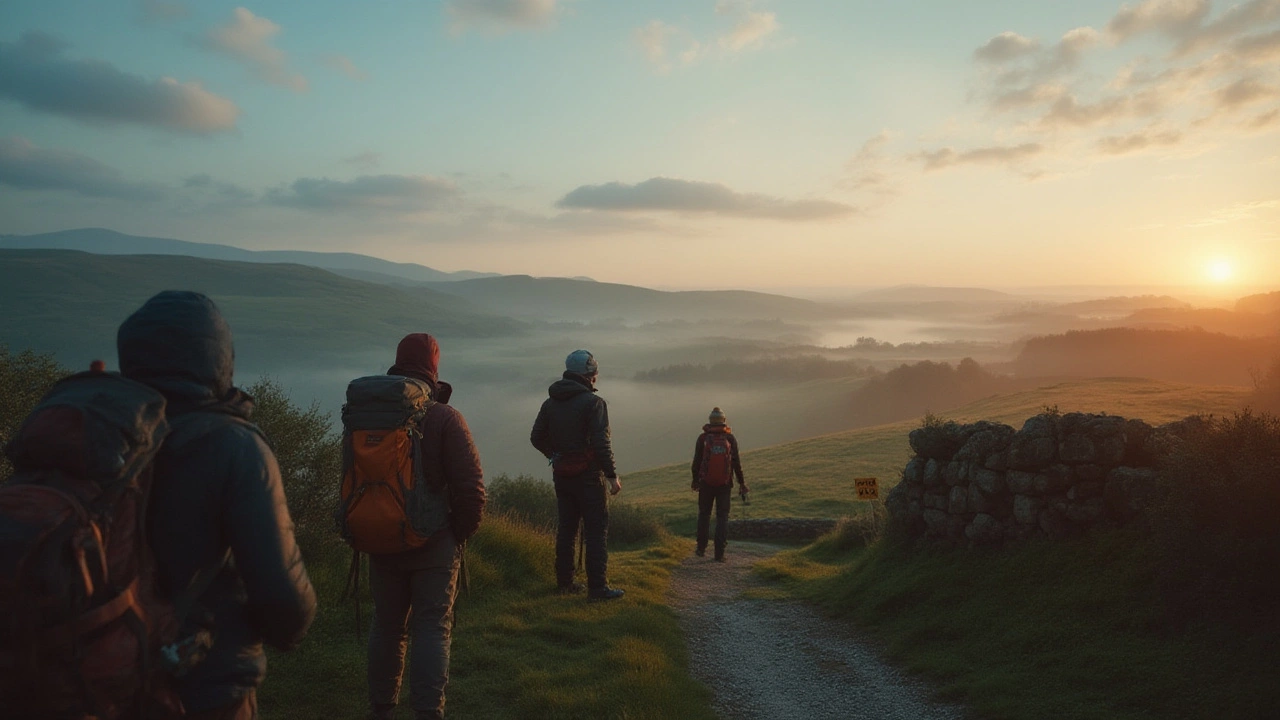UK Camping Laws: Your Quick Guide to Staying Legal
Thinking about sleeping under the stars in Britain? Before you set up your tent, you need to know what the law says. The rules differ between England, Scotland, Wales, and Northern Ireland, and they change whether you’re on a beach, a public park, or a remote hillside. Getting the basics right means you won’t get a fine, a polite warning, or a rushed evacuation.
Wild and Beach Camping Rules
In Scotland, the Land Reform (Scotland) Act 2003 gives you the right to camp on most unenclosed land, as long as you follow the Scottish Outdoor Access Code. That means you can pitch a tent on a beach or in the hills, but you must respect privacy, leave no trace, and move on if asked.
England and Wales are stricter. Wild camping is only legal in certain national parks (like parts of the Lake District) and on designated sites that allow it. Most beaches have byelaws that forbid tents – you’ll see signs saying “No camping” and the fines can be up to £500. If you really want a beach night, look for approved sites such as those managed by local councils or private operators that sell a night’s stay.
Camping in Public Parks and Official Sites
Public parks are a common mistake spot. Most municipal parks let you enjoy a picnic, but they don’t allow overnight stays. Some larger green spaces have a “caravan” or “pitch” area where you can set up a small campervan, but you’ll need a permit and often a fee. Always check the council’s website or ask the ranger before you anchor your sleeping bag.
Approved campsites are everywhere from Teesside to Cornwall. They’re the safest bet because they meet health and safety standards, provide waste disposal, and usually have a clear set of rules on fire pits, pets, and quiet hours. If you’re hiring a motorhome from Teesside Motorhome Adventures, the company will point you to legal sites along your route.
Here are a few practical tips to keep everything smooth:
- Carry a copy of the local byelaw or the Scottish Access Code on your phone.
- Stay at least 20 metres away from houses, farms, and paths.
- Use a portable toilet or a campsite facility – dumping waste on the ground is illegal.
- Leave exactly what you brought: pack out all rubbish, and flatten any fire markers.
- If a landowner asks you to move, do it politely and quickly.
Bottom line: a little research saves you a lot of hassle. Check the area’s specific rules, respect private land, and stick to approved sites when in doubt. With those basics covered, you can focus on what matters most – the fresh air, the night sky, and the freedom of the open road.
What Happens If You're Caught Wild Camping in the UK?
Wild camping in the UK can lead to fines, legal trouble, or being forced to leave. Learn where it's allowed, what happens if you're caught, and safer alternatives to enjoy the outdoors legally.
Why Is Wild Camping Banned in England?
Wild camping is illegal in most of England due to strict land ownership laws. Learn why it's banned, where exceptions exist, and what legal alternatives you have.
Wild Camping Laws in the UK: Why Is Camping in the Wild Illegal?
Curious why wild camping is illegal in most of the UK? Find out what makes the laws unique, how land rights affect campers, and where you can (and can't) sleep under the stars.


